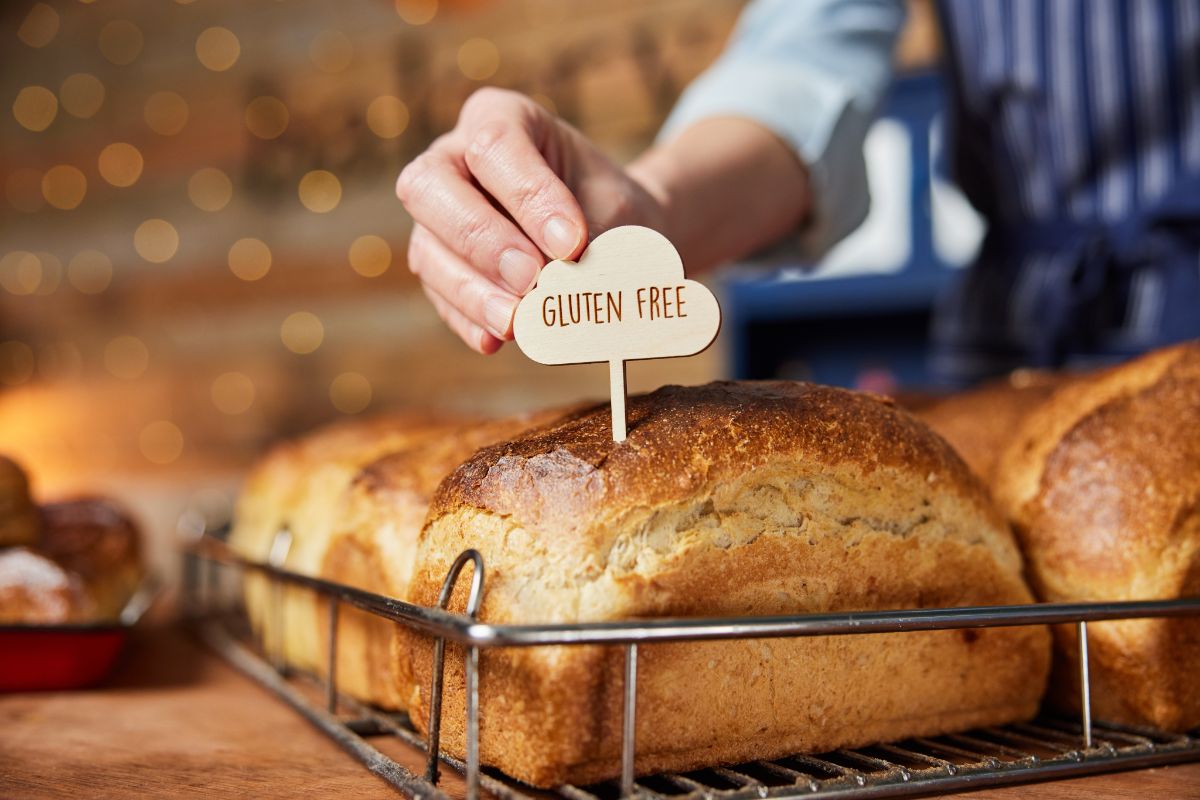Advertisement
7 Not-So-Nourishing “Health” Foods
Look beyond the label before adding to your cart
Fact-Checked
This article has been written and fact-checked by experts in the field.

Breakfast cereal
Vegan, all natural, gluten free—that means a product is healthy, right? Unfortunately, while those labels are accurate, they don’t mean the food is good for you. Here, learn how to outsmart confusing packaging and uncover which “health” foods to reconsider the next time you’re at checkout.

Breakfast is the most important meal of the day, so a bowl of multigrain raisin bran cereal should do the trick. Well, not exactly. Cereal is convenient when you’re short on time, but it’s also an ultra-processed food that can contain preservatives, tons of sugar, and minimal protein. This may be true even when you see healthy-sounding terms like “bran” or “multigrain” in the cereal name.
On busy days when cereal is your only option, choose one with these qualities:
- at least 3 to 5 grams of fiber
- single-digit grams of sugar
- “whole” in the first ingredient, such as “whole oat”
Oat milk

Oat milk is a great option for those who want or need to avoid dairy. However, contrary to popular belief, oat milk contains less vitamin D, calcium, and protein than dairy milk, and it can be filled with oils, stabilizers, and gums. To make your daily oat lattes a little healthier, use homemade oat milk or opt for plain, unsweetened oat milk fortified with vitamin D and calcium.
Gluten-free pasta

For those who have celiac disease or a gluten sensitivity, a gluten-free diet can be essential for well-being. However, a gluten-free label does not automatically mean a product is better for you. For example, gluten-free pasta can contain more salt and sugar as well as less protein, fiber, and vitamins compared to conventional pasta. If you’re craving healthier pasta, look for bean-based varieties that are high in protein and fiber.
Protein bars

You may think that the more protein a food or beverage product contains, the healthier it is for you. While foods such as chicken, eggs, beans, and fish are low-sugar sources of high-quality protein, not all protein is created equal. In fact, some protein bars contain just as much saturated fat and sugar as a candy bar.
To see if a protein bar passes the nutritional bar exam, check for these factors:
- fewer than 5 grams of fat
- at least 3 to 5 grams of fiber
- 300 to 400 calories per serving
- whole food ingredients
Flavored yogurt

Yogurt is one of the best gut-friendly foods due to its rich probiotic composition … well, at least plain yogurt. Some flavored yogurts contain more sugar per serving than the recommended daily amount, feeding bad gut bacteria and counteracting those probiotic benefits.
So, when you reach that daunting dairy aisle, keep these tips in mind.
- Choose plain—it is likely to have zero added sugar.
- Try Greek yogurt—it has twice as much protein as traditional yogurt.
- Look for simple ingredient lists!
- Avoid fat-free yogurt—although sometimes viewed as the healthier option, fat-free products are often filled with less-than-healthy ingredients such as sugar, flour, salt, and thickeners.
Dress for success
Plain yogurt doesn’t have to be tasteless. Dress it up with fresh or frozen fruit, a sprinkle of cinnamon, and homemade granola to satisfy your taste buds.
Granola

Delicious on yogurt or by itself, granola can be full of healthy fats and blood sugar-balancing fiber. On the flip side, granola can also be filled with added sugar and unhealthy fats, taking away from its nutritional value. Read the label to ensure that the total sugar and fat content are not excessively high.
For the most nutritious granola, make your own or look for products with no added sweeteners and plenty of grains, oats, and seeds.
Plant-based burgers

The market for plant-based substitutes is more saturated than ever, with new products being designed to taste almost exactly like meat. And while opting for meat alternatives like chickpeas and quinoa may provide some health benefits, a plant-based burger isn’t necessarily healthier than a traditional meat burger.
Many meatless burgers contain high amounts of sodium, unhealthy fats, and an endless list of extra ingredients. Bypass those nutritional pitfalls by making your own veggie burgers or buying ones that contain simple ingredients and minimal saturated fat and sodium. In general, prioritize whole foods first, and view meatless burgers as you would any packaged, highly processed treat.





